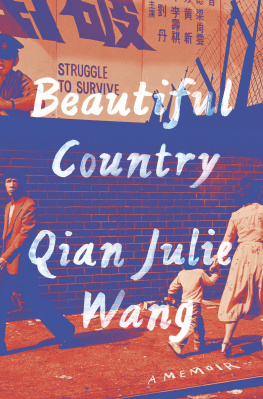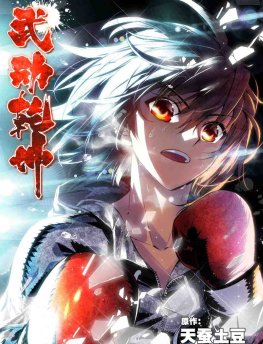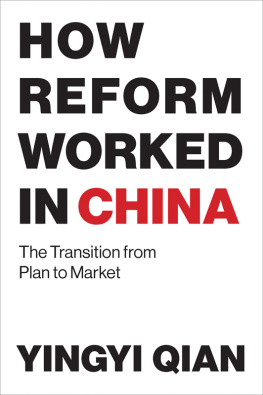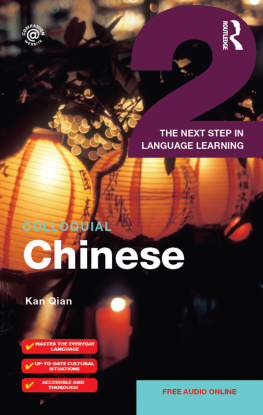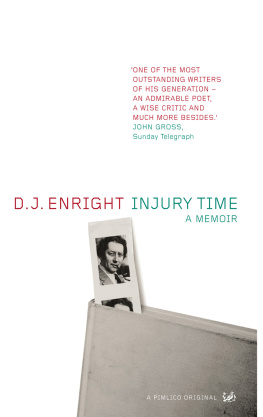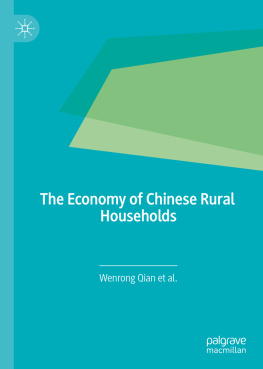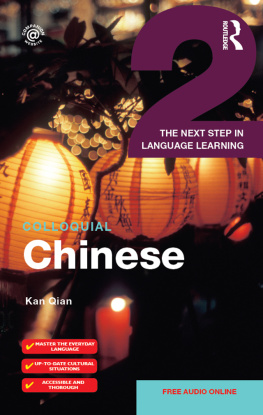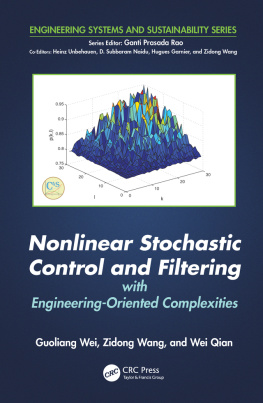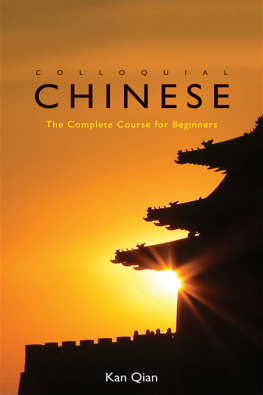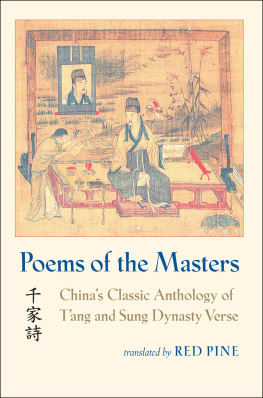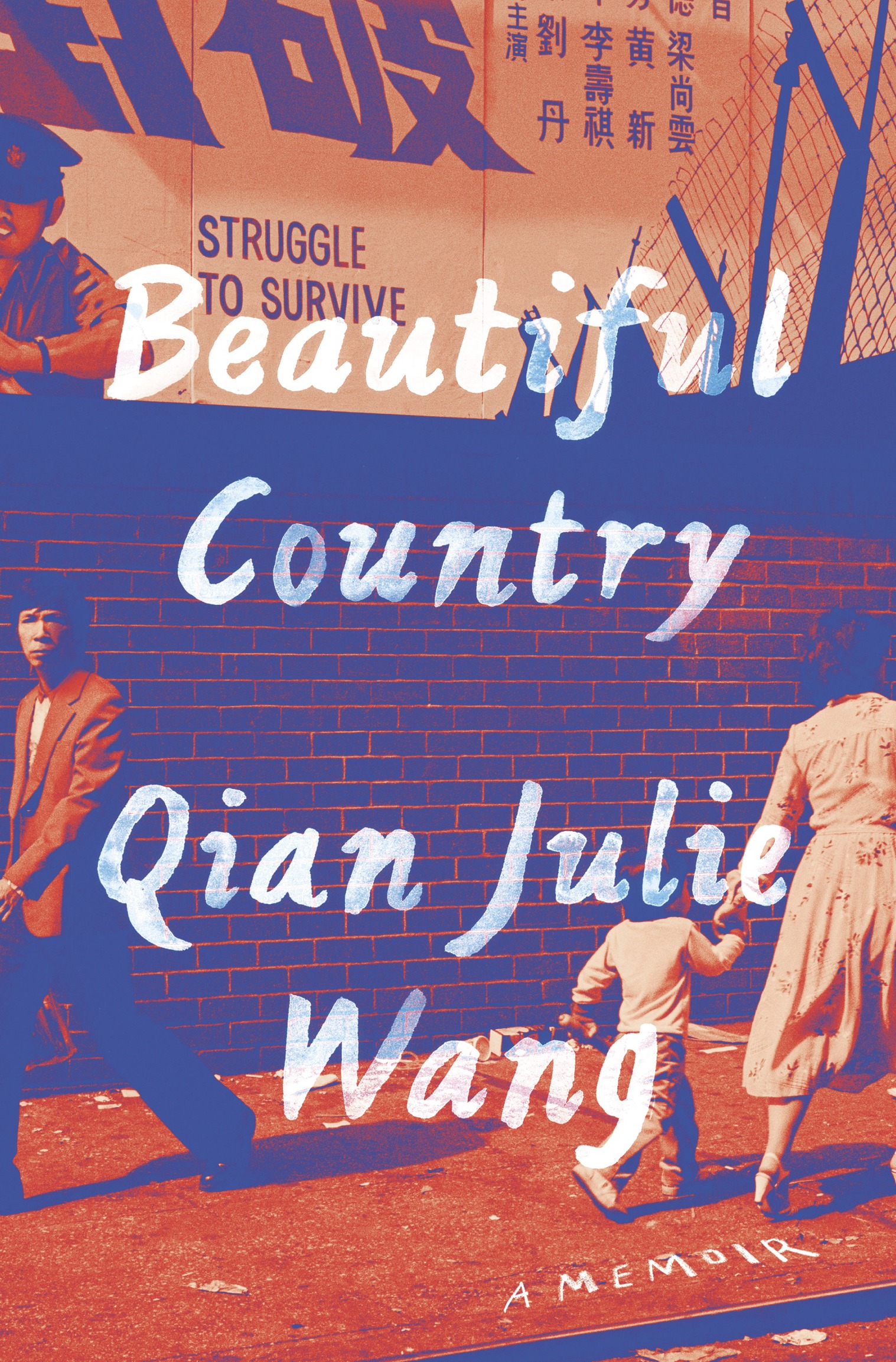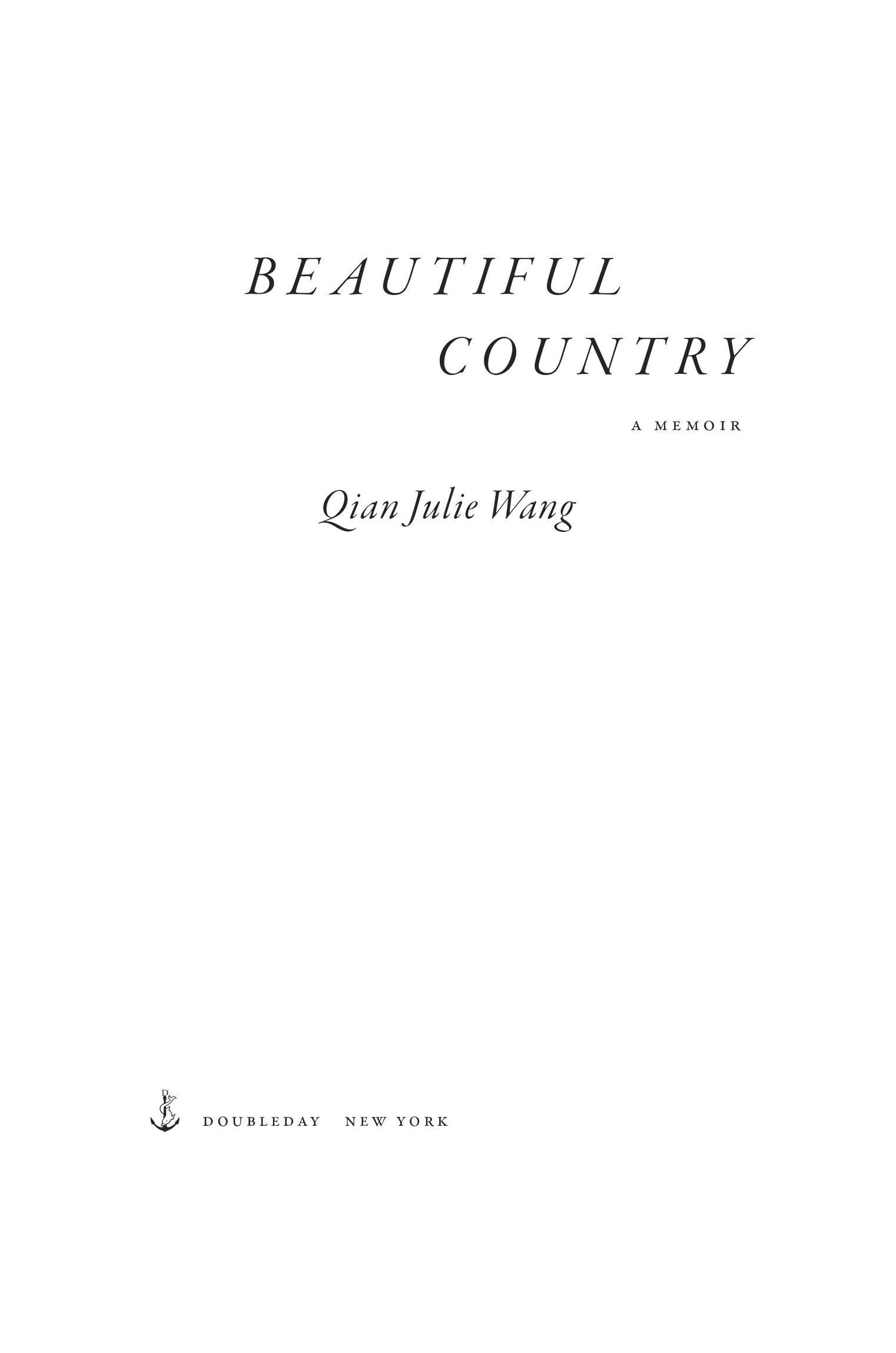All rights reserved. Published in the United States by Doubleday, a division of Penguin Random House LLC, New York, and distributed in Canada by Penguin Random House Canada Limited, Toronto.
doubleday and the portrayal of an anchor with a dolphin are registered trademarks of Penguin Random House LLC.
Names: Wang, Qian Julie, [date] - author.
Title: Beautiful country : a memoir / by Qian Julie Wang.
Description: First edition. | New York : Doubleday, [2021]
Identifiers: lccn 2020053188 | isbn 9780385547215 (hardcover) | isbn 9780385547246 (ebook) | isbn 9780385548021 (open market)
Subjects: lcsh : Wang, Qian Julie, 1987Childhood and youth. | Chinese AmericansNew York (State)New YorkBiography. | Wang, Qian Julie, 1987Family. | ImmigrantsNew York (State)New YorkBiography. | Illegal aliensNew York (State)New YorkBiography. | Shijiazhuang Shi (China)Biography. | Brooklyn (New York, N.Y.)Biography.
Classification: lcc f 128.9. c 5 w 35 2021 | ddc 974.7/10049510092 [ b ]dc23
May you one day have no reason to fear the light.
Home is that youthful region where a child is the only real living inhabitant. Parents, siblings, and neighbors are mysterious apparitions who come, go, and do strange unfathomable things in and around the child, the regions only enfranchised citizen.
HOW IT BEGAN
My story starts decades before my birth.
In my fathers earliest memory, he is four years old, shooting a toy gun at nearby birds as he skips to the town square. There he halts, arrested by curious, swaying shapes that he is slow to recognize: two men dangling from a muscular tree.
He approaches slowly, pushing past the knees of adults encircling the tree. In the muggy late-summer air, mosquitoes and flies swarm the hanging corpses. The stench of decomposing flesh floods his nose.
He sees on the dirt ground a single character written in blood:
Wrongly accused.
It is 1966 and Chinas Cultural Revolution has just begun. Even for a country marked by storied upheaval, the next decade would bring unparalleled turmoil. To this date, the actual death toll from the purges remains unspoken and, worse, unknown.
* * *
Three years later, my seven-year-old father watched as his eldest brother was placed under arrest. Weeks prior, my teenage uncle had criticized Mao Zedong in writing for manipulating the innocent people of China by pitting them against one another, just to centralize his power. My uncle had navely, heroically, stupidly distributed the essay to the public.
So there would be no high school graduation for him, only starvation and torture behind prison walls.
From then on, my father would spend his childhood bearing witness to his parents public beatings, all while enduring his own humiliation at school, where he was forced to stand in the front of the classroom every morning as his teachers and classmates berated him and his treasonous family. Outside of school, adults and children alike pelted him with rocks, pebbles, shit. Gone was the honor of his grandfather, whose deft brokering had managed to shield their village from the rape and pillage of the Japanese occupation. Gone were the visitors to the Wang family courtyard who sought his fathers calligraphy. From then on, it would just be his mothers bruised face. His fathers silent, stoic tears. His four sisters screams as the Red Guards ransacked their already shredded home.
It is against this backdrop that my parents beginnings unfurled. My mothers pain was that of a daughter born to a family entangled in the government. None of her fathers power was enough to insulate her from the unrest and sexism of her time. She grew up a hundred miles away from my father, and their hardships were at once the same and worlds apart.
Half a century and a migration across the world later, it would take therapys slow and arduous unraveling for me to see that the thread of trauma was woven into every fiber of my family, my childhood.
* * *
On July 29, 1994, I arrived at JFK Airport on a visa that would expire much too quickly. Five days prior, I had turned seven years old, the same age at which my father had begun his daily wrestle with shame. My parents and I would spend the next five years in the furtive shadows of New York City, pushing past hunger pangs to labor at menial jobs, with no rights, no access to medical care, no hope of legality. The Chinese refer to being undocumented colloquially as hei: being in the dark, being blacked out. And aptly so, because we spent those years shrouded in darkness while wrestling with hope and dignity.
Memory is a fickle thing, but other than names and certain identifying detailswhich I have changed out of respect for others privacyI have endeavored to document my familys undocumented years as authentically and intimately as possible. I regret that I can do no justice to my fathers childhood, for it is pockmarked by more despair than I can ever know.
In some ways, this project has always been in me, but in a much larger way, I have the 2016 election to thank. I took my first laughable stab at this project during my college years, writing it as fiction, not understanding that it was impossible to find perspective on a still-festering wound.
After graduating from Yale Law Schoolwhere I could not have fit in lessI clerked for a federal appellate judge who instilled in me, even beyond my greatest, most idealistic hopes, an abiding faith in justice. During that clerkship year, I watched as the Obama administration talked out of both sides of its mouth, at once championing deferred action for Dreamers while issuing deportations at unprecedented rates. By the time the immigration cases got to our chambers on appeal, there was often very little my judge could do.
In May 2016, just shy of eight thousand days after I first landed in New York Citythe only place my heart and spirit call homeI finally became a U.S. citizen. My journey to citizenship was difficult to the very end: torrential rain accompanied me on my walk through lower Manhattan to the federal courthouse where I was sworn in. I brought no guests, not even my parents.
The rain did not matter. I reveled in joyful solitude, my face soaked in rainwater and happy tears. At the end of the ceremony, a videotaped President Obama greeted me as a fellow American, and it dawned on me that though I had become American decades ago, I had never before been recognized as one.
Six months later, I awoke to a somber and funereal New York, mourning for a nation that chose to elect a president on a platform of xenophobia and intolerance. It was then that I dug up my voice. Staring shame and self-doubt in the face, I tossed my first attempt at this project and put my fingers to the keyboard anew.
I document these stories for myself and my family, and not the least my uncle, our innominate hero. I write this also for Americans and immigrants everywhere. The heartbreak of one immigrant is never far from that of another.

